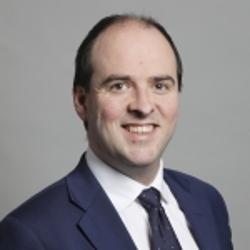Media: Meetings
(asked on 13th May 2025) - View SourceQuestion to the Cabinet Office:
To ask the Minister for the Cabinet Office, pursuant to the Answer of 11 December 2024 to Question 18399, on Media: Meetings, if he will take steps to amend Annex C of the guidance entitled Senior Officials’ business expenses, hospitality received and meetings with external organisations and individuals, published on 2 April 2024, to provide guidance on how social media organisations should be categorised.
The Government keeps the guidance on senior officials' business expenses, hospitality received and meetings with external organisations and individuals under review. However, there are no current plans to amend the guidance to include details on how social media organisations should be categorised.

